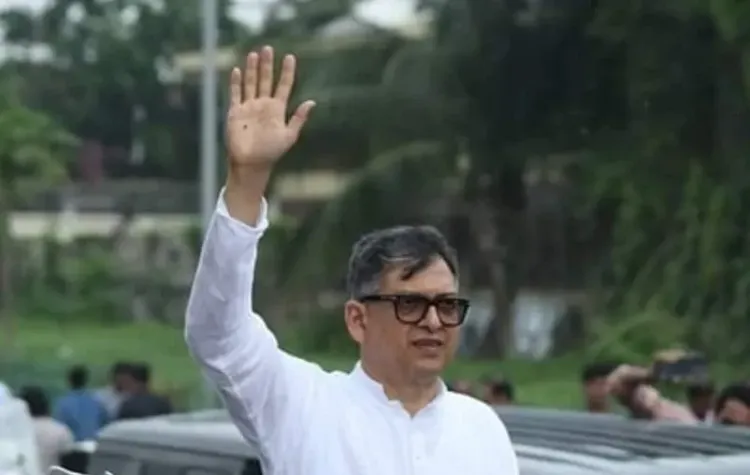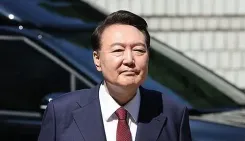Is the BNP Supporting a Limit on the Prime Minister's Tenure to 10 Years?

Synopsis
Key Takeaways
- The BNP supports limiting the Prime Minister's tenure to 10 years.
- The party opposes the formation of a constitutional appointments committee.
- Discussions among political parties remain unresolved.
- The proposal has sparked significant political debate in Bangladesh.
- Ongoing unrest highlights the need for clear governance reforms.
Dhaka, June 26 (NationPress) The Bangladesh Nationalist Party (BNP) has expressed its willingness to support a proposal aimed at capping the tenure of the country’s Prime Minister to a maximum of 10 years throughout their lifetime, contingent upon specific conditions, as reported by local media.
The party has voiced its opposition to the establishment of any constitutional committee, including the recently suggested Constitutional and Statutory Institution Appointments Committee, arguing that such initiatives would erode the executive's authority.
BNP Standing Committee member Salahuddin Ahmed made these statements on Wednesday following a meeting with the National Consensus Commission at the Foreign Service Academy in Dhaka.
According to the BNP leader, “We concur that a Prime Minister should not serve beyond 10 years in their lifetime. However, we oppose a framework that places total control of the executive branch in the hands of a constitutional appointments committee,” as quoted by the leading Bangladeshi daily, The Dhaka Tribune.
In the meantime, National Consensus Commission Vice Chairman Ali Riaz indicated that discussions surrounding the Prime Minister's tenure remain inconclusive.
“We have yet to reach a consensus on this matter. The final determination regarding the Prime Minister's tenure cannot occur until there is an agreement on the appointment committee for constitutional and statutory institutions,” he stated during a press briefing.
Riaz also declared that the National Consensus Commission has retracted its proposal to create a National Constitutional Council (NCC) and has instead suggested forming a 'Constitutional and Statutory Institution Appointments Committee', which has met with BNP's disapproval.
After deliberations regarding the committee for appointments to constitutional institutions, Riaz introduced the topic of the Prime Minister's term.
However, Salahuddin Ahmed reiterated that while the BNP supports the notion that no individual should serve more than 10 years as Prime Minister, they reject the proposed committee for appointments to any constitutional and statutory institution.
Additionally, Jamaat-e-Islami Assistant Secretary General Maulana Rafiqul Islam Khan expressed his party's disagreement with the conditions set forth by the BNP regarding the committee.
“We have consistently maintained our stance, and other political parties have not changed theirs either. So far, there is a consensus that a person can only hold the position of Prime Minister for a maximum of 10 years. However, the added conditions by the BNP have not been accepted by other parties,” Khan remarked.
Reports indicate that during the second round of discussions between the National Consensus Commission and 30 political parties at the Foreign Service Academy, all political factions, except the BNP and two others, concurred that a Prime Minister's term should not exceed 10 years.
The absence of a clear reform roadmap and the upcoming elections has intensified significant political unrest in Bangladesh, as leaders from various parties continue to question the controversial policies of the Yunus-led interim government and the ineffective performance of his dubious advisors.









